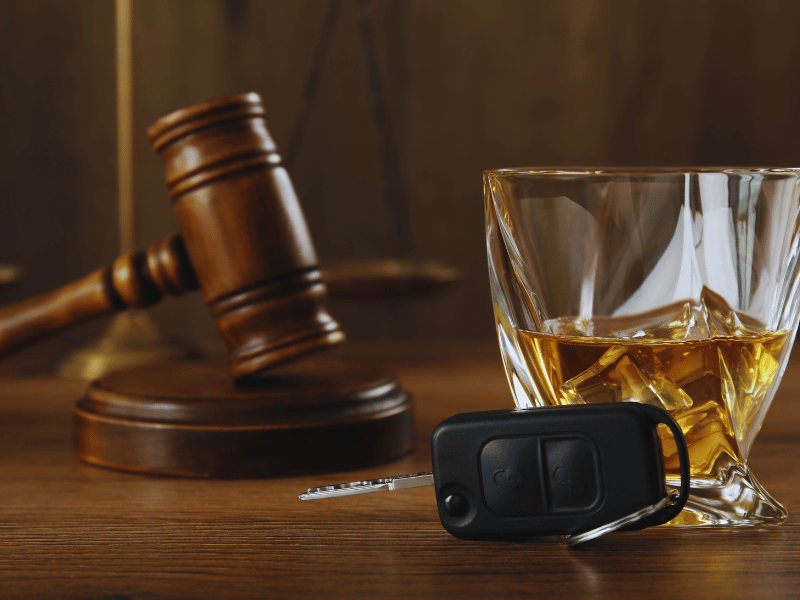Dive into Florida’s DUI records search process and laws. Uncover the **serious consequences** of a DUI conviction, the harsh penalties, and the secrets of accessing DUI records.
DUI – Driving under the influence of alcohol or/and drugs is a severe crime in Florida, and it’s essential to understand the consequences of such a conviction. In this article, we’ll discuss Florida DUI records search and laws to comprehensively understand what you can expect if you are ever charged with a DUI in Florida.
Contents
Florida DUI Laws
In Florida, it is illegal to operate a vehicle with a certain amount of alcohol in its blood (BAC) of 0.08% or higher. If caught driving under the influence, you can expect severe penalties, including fines, imprisonment, license suspension, and more.
DUI Records Search in Florida
One initial consideration when someone is arrested for a DUI is that their arrest record is created. This record contains the arrest, the charges, and the case’s outcome. Florida DUI records are public records, meaning anyone can access them.
How to Access Florida DUI Records
Contact the Department of Highway Safety and Motor Vehicles in Florida (FLHSMV) to access Florida DUI records. You can also request records from the arresting agency, such as the local police department or the Florida Highway Patrol.
Consequences of a DUI Conviction in Florida
A DUI conviction in Florida can have legal and personal consequences. Some of the consequences you can expect after a DUI conviction include the following:
Penalties for DUI Convictions in Florida
The penalties for a DUI / DWI conviction in Florida vary depending on the severity of the offense and the number of prior convictions. Some of the standard penalties for a DUI conviction include the following:
Florida DUI checkpoints
DUI checkpoints are sobriety checkpoints set up by law enforcement agencies to catch drunk drivers. In Florida, these checkpoints are legal as long as they are conducted reasonably and follow specific guidelines set forth by the state.
During a DUI checkpoint, officers typically ask drivers to provide their licenses and registration. They may also ask drivers to leave their vehicles to perform a sobriety test. If the officer believes the driver is under the influence, they may be arrested and charged with a DUI.
DUI checkpoints are meant to increase public safety, and the officers conducting the checkpoint are trained to be professional and impartial. If you are ever stopped at a DUI checkpoint, it’s essential to remain calm, comply with the officers’ requests, and remember that you have rights.
While DUI checkpoints can be inconvenient, they are essential in reducing drunk on Florida roads. Knowing your rights and understanding the process can help keep Florida roads safe for everyone.
Sobriety Checkpoints / DUI Roadblocks Rules in Florida
Let’s chat about sobriety checkpoints, those pesky roadblocks you might’ve seen around, especially during holiday seasons like New Year’s Eve. These DUI roadblocks have to follow some pretty specific rules. If they don’t, any arrest made at the checkpoint could be thrown out. Imagine it like a house of cards – if a DUI lawyer can pull out one card (or, in this case, prove the checkpoint didn’t follow the rules), the whole thing comes tumbling down.
Questions about Florida DUI
Is it possible to expunge a DUI conviction from my record in Florida?
Yes, expunging a DUI conviction from your record in Florida is possible, but it’s a complicated process. You’ll need to meet specific eligibility requirements and follow the steps outlined by the Florida Department of Law Enforcement.
Can I still drive with a suspended license in Florida?
No, you cannot drive with a suspended license in Florida. If caught driving with a suspended license, you’ll face additional fines and penalties.
What are the consequences in Florida if I refuse to blow into a breathalyzer?
If you refuse to submit to a breathalyzer in Florida, your driver’s license will be automatically revoked for at least one year. This is on top of any other consequences you may face if you’re convicted of a DUI.

